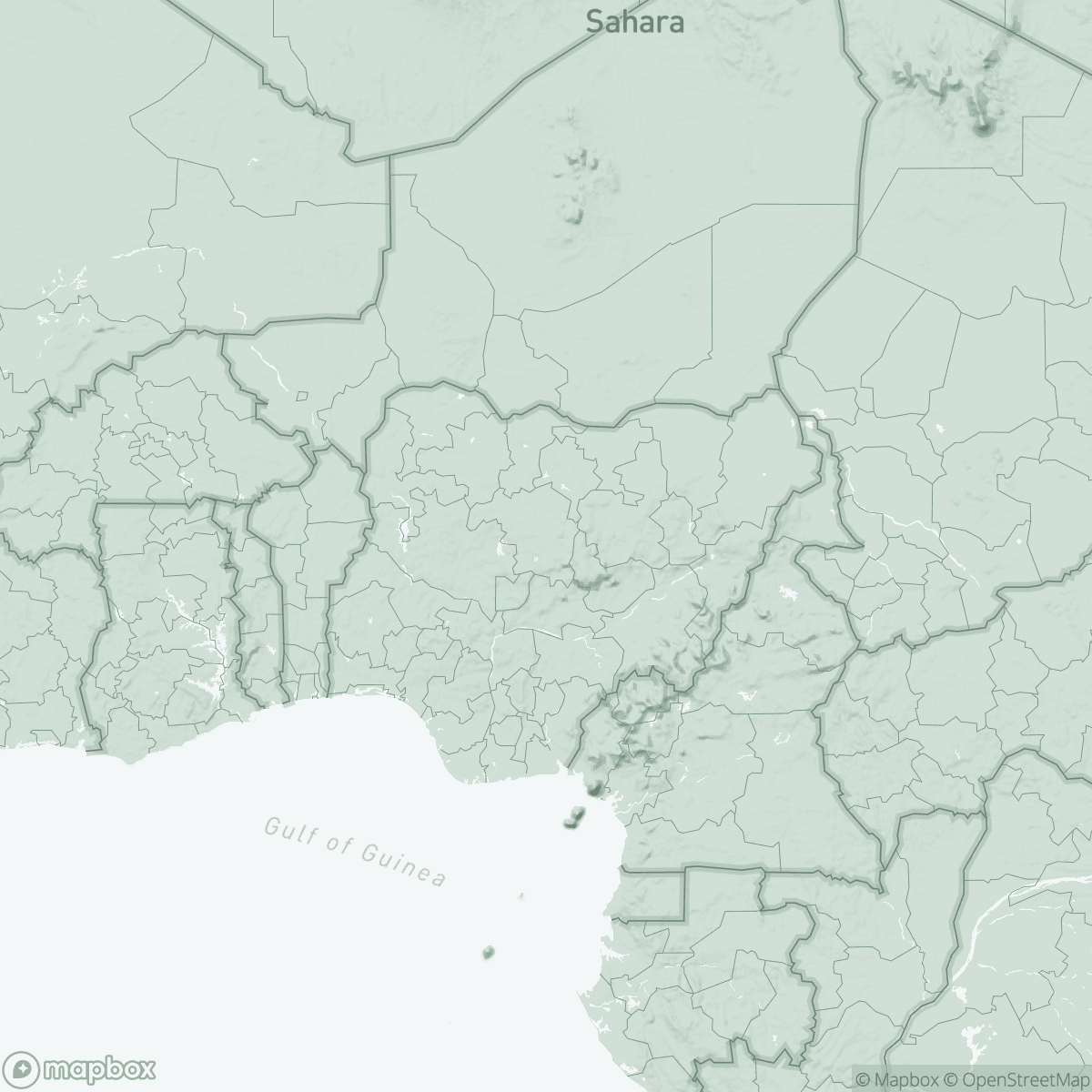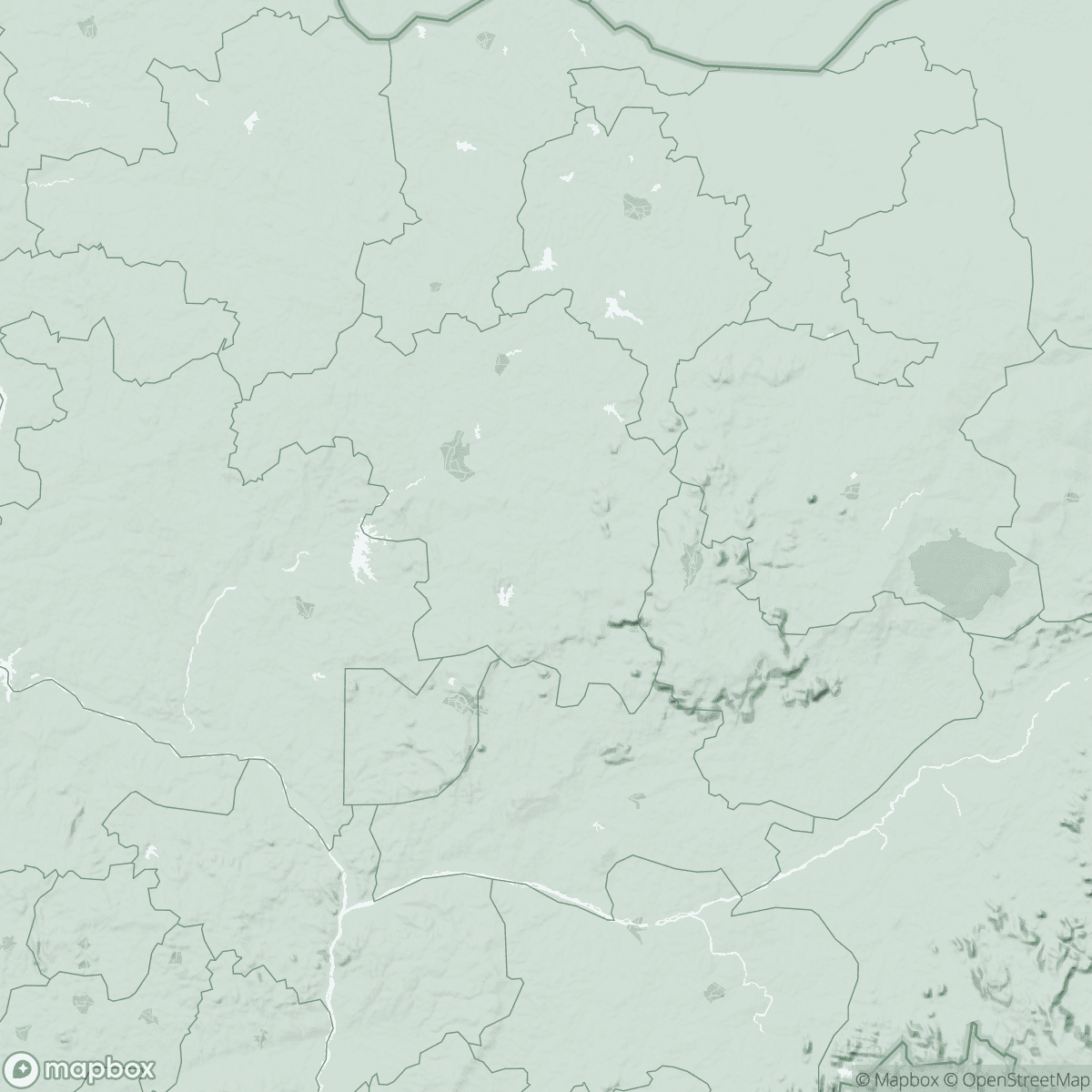
The emergency facility saving mothers and babies every day in Maiduguri
In 1 click, help us spread this information :
In Maiduguri, the capital city of Nigeria’s Borno State, a specialised medical facility has become a lifeline for pregnant women and newborns facing critical health risks. Just six months after its opening, the facility’s patient numbers continue to grow, underscoring its vital role in saving lives.
Despite some progress over the past decades, Nigeria still grapples with some of the highest maternal and neonatal mortality rates in the world. According to estimates from the United Nations, the country’s maternal mortality rate stands at 1,047 deaths per 100,000 live births— the third highest globally. Neonatal mortality is equally dire, with approximately 270,000 babies dying at birth in Nigeria.
Borno state in northeastern Nigeria is among those with particularly high mortality rates. To address this silent crisis, Médecins Sans Frontières (MSF) launched a programme in Maiduguri in 2022. This initiative aimed to enhance maternal and childcare by supporting existing maternity facilities while building and equipping an emergency obstetric and newborn care centre. The Kushari Comprehensive Emergency Obstetric and Newborn Care (CEMONC) facility opened its doors in June 2024 with 30 beds and the capacity to triple this bed capacity over time. The referral facility provides free, life-saving care for pregnancy-related complications such as pre-eclampsia, or obstructed delivery, and postpartum hemorrhage.pre-term or obstructed delivery, and postpartum hemorrhage.
A growing, sustainable impact
Operated by the Borno Ministry of health with support from MSF, the Kushari CEMONC is the only free, specialized referral facility of its kind in the region. It serves as a critical step toward reducing the staggering maternal and neonatal mortality rates in Maiduguri.
In its first six months, the facility has seen a steady rise in admissions, notably during and after the massive flooding that affected the city in September and October 2024.
Most of the patients admitted to Kushari are referred from the 11 basic maternal and obstetric facilities supported by MSF in Maiduguri. But because a vast number of women in Maiduguri continue to give birth at home, many patients with complications do not reach the facilities - and sometimes die at home or arrive too late. This has led MSF to promote links between these maternity units and traditional birth attendants to encourage women to seek care in time, rather than waiting for problems to arise. This holistic approach aims to build community trust and ensure long-term sustainability.

Buidling for the future
From the onset, the Kushari CEMONC has been integrated into the public health system. Most staff members are from the Ministry of Health, with MSF teams providing financial support and specialised, medical training. This collaboration and the active investment of authorities in the project ensure that Borno State’s Ministry of Health can fully take over the facility within five years.
However, reducing maternal and neonatal mortality will require more investment to improve access to healthcare in Borno, including antenatal care, while addressing exacerbating factors such as the alarmingly high rates of malnutrition among pregnant women and mothers.
Stories of hope and survival

Rhoda Awanyah, MSF Midwife Supervisor at Kushari CEMONC : “Our collaboration is making a difference”
Rhoda Awanyah is often the first point of contact for women arriving in critical condition at Kushari CEMONC.
“Here, we only attend to complications, so every case is challenging,” she explains. Recalling a particularly dire case, she shares, “A woman came in with severe hemorrhage and anemia. After delivering her baby, we couldn’t stop the bleeding. The doctor used every available technique to manage postpartum hemorrhage, and eventually, the bleeding stopped. The mother remained under observation for days. When she returned for her follow-up, she said, “If not for this facility, I would have been dead and gone.’”
Reflecting on the past six months, Rhoda notes the growing impact of the facility. “Borno State has one of the highest maternal mortality rates in Nigeria, but our collaboration is making a difference. The impact is huge. In June, we had 35 admissions; by July, that number doubled. This month, we’ve already admitted 119 patients. The numbers clearly show we’re making a positive impact.”
“We’ve also recently started providing care for survivors of sexual violence and family planning here in the CEMONC. MSF is also supporting other smaller maternities in the community, and we’re working to build linkages between this facility and the traditional birth attendants to encourage women to go see medical staff in time."
Fatmata Ali, 20-year old mother “I don’t know if I would have survived without this hospital”
Falmata gave birth to her daughter at the end of October in the Kushari facility, after a perilous journey.
“I was in labour for four days. It started at home for 24 hours, but then we decided to go to a facility in one of the displacement camps for flood-affected families in Maiduguri. They sent me to another clinic and, eventually, I was referred here.”
Given her condition upon arrival, the team in Kushari performed a caesarian section to save both her and the baby.
“This kind of intervention is expensive, and we lost almost everything in the flood, Thankfully, here we did not have to pay. Honestly, I don’t know if I would have survived without this hospital.”

Now that both her and her daughter are safe, Falmata is looking to the near future. As she prepares to leave the hospital, she looks forward to celebrating her daughter’s naming ceremony. “We’ll have a big party with friends and family,” she says, smiling. “And, of course, there will be jollof rice.”


